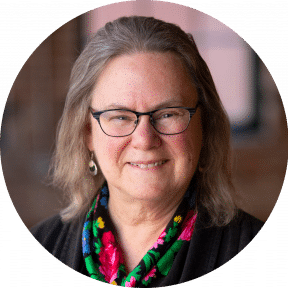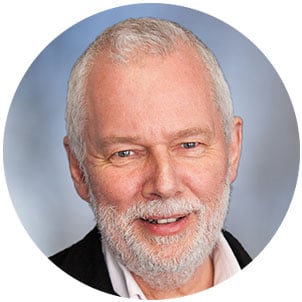What is known about the type of people who see healers and for what reasons? Although there is some published research on the use of subtle energy and biofield healing, very little is known about the characteristics of people who visit healers and why.
In a recent peer-reviewed paper, “Clients of UK healers: A mixed methods survey of their demography, health problems, and experiences of healing,” published in Complementary Therapies in Clinical Practice, a group of researchers in the United Kingdom report on what they learned about the healers themselves, who sought the care of a healer and for what reasons, and the healer’s perception of their clients’ experiences.
This mixed methods study, conducted by The Confederation of Healing Organisations who distributed a healing practice survey across the UK, found that 76% of the clients were female, the average age of the clients was 56, and that the two most common reasons people sought care was for mental health issues (47%) and to address pain (29%). Two-thirds of the clients had two or more issues they wished to address during their visit with nearly half of clients reporting a mental health concern.
The study also found that the mean healer age was 58 years old (ranging from 40 to 80 years old) and most were women. The types of healing performed most often were identified as Spiritual (69%), Reiki (15%), or Energy (10%).
The most unique information this study revealed was the perception of the healer — 93% of clients reported an immediate benefit during and after the healing session.
The authors conclude that, “The findings suggest that many people find the conventional help available to them for mental health disorders and pain are inadequate or inappropriate, but it was also striking that medical disorders and multi-morbidity were also commonly reported by the healees, perhaps because they too, are areas of relative weakness within [allopathic medical systems].”
Learn more about what the authors found here!
Learn More About the Scientists

Sara L. Warber, MD is nationally and internationally recognized as a leader, researcher, educator and clinician in integrative healthcare. She is currently an emeritus professor of Family Medicine at the University of Michigan (U-M) Medical School. Dr. Warber is the co-founder and former co-director of the U-M Integrative Medicine program which included research and education, funded through a five million-dollar NIH center grant. Additional NIH funding awarded to Dr. Warber supported creating and evaluating an Integrative Medicine curriculum in U-M medical school, other U-M health professions schools, and a faculty scholars program that spread integrative health to courses throughout the U-M campus. Health Resources and Services Administration (HRSA) funding allowed her to expand integrative medicine education into the Preventive Medicine Residency at University of Michigan School of Public Health.



Your work is important. Thank you for giving us the CHO survey on ‘healers’ in the UK. Are all methodologies referred to here non-physical? If so the results seem predictable and therefore reassuring for those who believe in the need for a new paradigm in general doctoring practices that is non-physically based and ideally is accurate, non-invasive, empowering and, if possible, non-experimental etc.
Pity about the initial use of ‘female’. Animals and plants have that gender distinction too – I presume they were not part of the survey!
Best wishes.
I would like to connect with you on an original therapy I discovered, developed and teach in the US coast to coast for the last 10 years and internationally for the last 3 years.
I have clients with children with autism contacting me from the UK to take my 2 day workshop so they can work with their children because of the extraordinary results I have been getting with low functioning autistic children. I work with disease, disorders and dysfunctions on the physical and emotional levels. I have worked on a multitude of different situations and in all cases had successfully resolved or improved the situation.
I work on the physical body and no contact when I am working in different countries. I worked in a hospital doing the Restore technique and the medical community then became my clients. What they said was impossible to achieve or found difficult to accomplish, I solved the problems instantly or only a few days or weeks.
I would like to be able to communicate with the doctors in this article to being my therapy into the UK and work with them because of my discovery. My company name is Restore for Life.